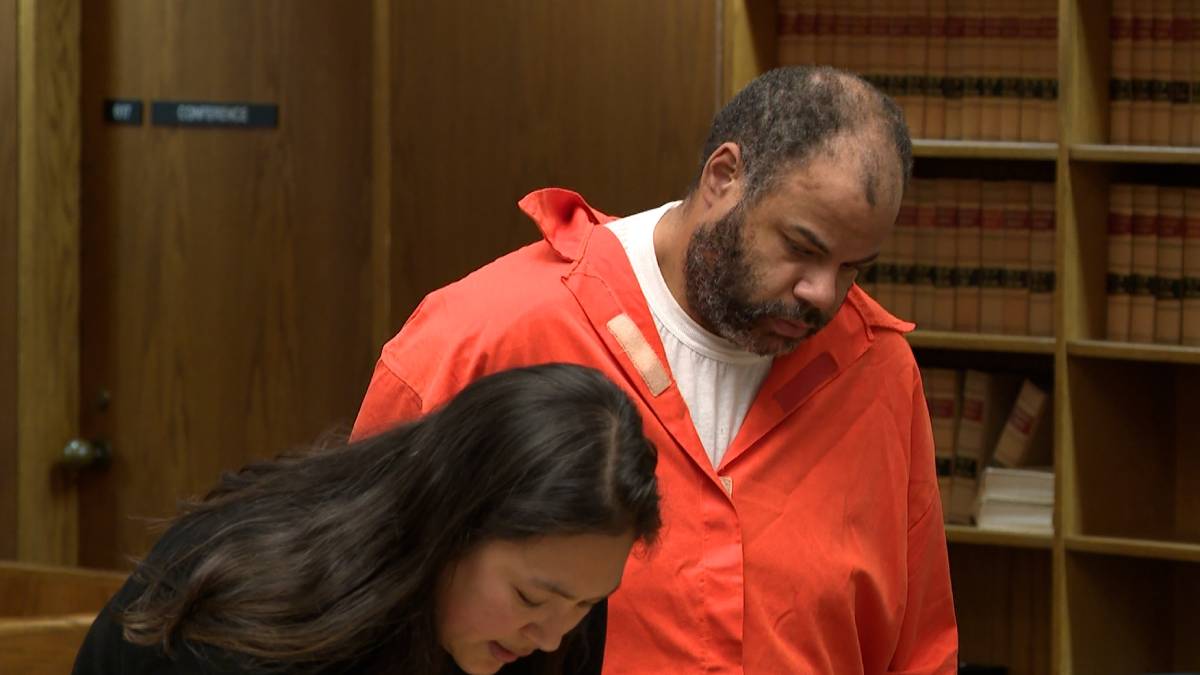During a special session delayed two days by last week’s snowstorm, the General Assembly restored funding for rest of the current fiscal year for medical benefits that many elderly and disabled people depend on to pay for doctor visits and medical procedures.
First in the House of Representatives and later in the Senate, lawmakers overwhelmingly voted to reverse $54 million in funding for the Medicare Savings Program (MSP).
"We need to make sure particularly with the little amount of money we have and the financial problems we have in this state that we take care of the people who need our help the most," House Minority Leader Rep. Themis Klarides said after the vote in the House.
Governor Dannel Malloy had threatened to veto the bi-partisan bill and argued it is a quick fix that only drives the state budget into a deeper deficit.
"Doesn’t make any sense for him to veto it just to have us come back in and reaffirm the vote," Senate President Pro Tem Len Fasano said of the veto-proof margins.
The House voted 130-3 and the Senate voted 32-1 in favor of the bill.
Lawmakers had reduced eligibility for the MSP in the bi-partisan budget that passed in October ending the prolonged budget impasse. In the bill voted on Monday to restore funding, lawmakers had to make adjustments including slashing $19 million in savings from the teacher’s retirement account and canceling a transfer of $17 million from next year’s budget.
Local
"We’re responsive to I think public interest and public need here and found a way to restore benefits for 113-thousand seniors in the state of Connecticut," Senate President Pro Temp Martin Looney said. "On the average more than 3,000 in each of our districts."
While lawmakers gathered for their special session, Gov. Malloy announced the state will receive $900 million more than expected in personal income tax for December and January. One reason is people filing taxes earlier than normal because of the changes at the federal level, he said.
"There’s no doubt in my mind that some portion of the dollars that were paid prior to Jan. 1 are in fact dollars that would have otherwise been paid after Jan. 1," Malloy said.
But the excess money will not be an automatic fix to the projected deficit of more than $200 million for 2018. Instead most of that revenue would go into the rainy day fund because language the lawmakers included in their budget from October.
"That was what it was for, situations like this, where we have extra money," Klarides said. "But now by law it cannot be spent. I believe that it’s not good news or bad news the extra money."
Coming up with a deficit mitigation plan will be a top priority for lawmakers when the General Assembly regular session begins on Feb. 7.
"We’re hoping to work in a bi-partisan way to come up with cuts to our budget that will have us be more efficient and save the taxpayer money in the long term," Speaker of the House Joe Aresimowicz said.
While Aresimowicz said all options will be on the table, Klarides said her Republican caucus would not consider tax increases.
Some lawmakers said they are waiting on the latest revenue numbers from the sales tax for the holiday season before moving forward with details of their deficit reduction plan.



